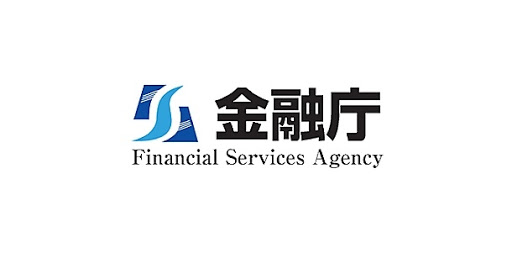Financial Service Agency Japan Regulatory Body
The JFSA is responsible for maintaining the stability of Japan’s financial system through the protection of depositors, insurance policyholders and securities investors. It ensures smooth financial dealings through such measures as planning and policymaking concerning the financial system, inspection and supervision of private-sector financial institutions, and surveillance of securities transactions. It is also responsible for the establishment of rules for trading in forex, bond and stock markets as well as derivatives exchanges. The Agency has a surveillance role in the compliance of regulations in the markets and is linked to the Monetary Authority of Japan.
There is a local network of Finance bureaus within the JFSA. The FSA Commissioner delegates a part of the authority for inspection and supervision of local private financial institutions, etc., to the Directors-General of Local Finance Bureaus (local branch organs of the Ministry of Finance) based on laws and regulations. The FSA Commissioner directs and supervises the Directors-General of Local Finance Bureaus, etc., concerning affairs related to the delegated authority.
The Bureau ensures the overall coordination of matters concerning the entire FSA, such as strategic planning of financial administration and communication and coordination among departments within the FSA. To deepen international collaboration in the financial sector, the Bureau contributes to discussions on international financial regulations and works to strengthen the network and cooperation with overseas authorities. That bears similarity to the US model with an underlying principle of self-responsibility and market discipline.
It is, however, the Securities and Exchange Surveillance Commission (SESC) that ensures the integrity of capital markets and protects investors. If any statutory violation is identified, then the SESC may make recommendations to the prime minister and the Commissioner of the FSA, advising taking administrative disciplinary actions. Other necessary measures might be taken against the securities firm or broker, or a penalty fine might be imposed to ensure public interest and investor protection. Furthermore, the SESC may file formal complaints to public prosecutors if it believes a criminal offence has been carried out. The SESC can also make policy recommendations to the Government and the FSA. Through these activities, the SESC is the organisation that endeavours to protect and ensure investors’ trust in financial and capital markets.
JFSA has a list of regulated institutions on its website. https://www.fsa.go.jp/en/regulated_institutions/index.html. It is updated continuously, as is the regulatory framework. For example, in April 2018, a new system was introduced in relation to High-Speed Trading (“HST”) of shares, and other types of financial instruments and those brokers engaging in HST were subsequently required to register.
The JFSA offers a one-stop contact point for any enquiries or complaints. If you need further information concerning (1) interpretations of laws and regulations or (2) specific procedures necessary to practice in the Japanese financial market, you are advised to contact the email address: [email protected]. You will need to give your name, company name, contact address, telephone number and email address in the message.
